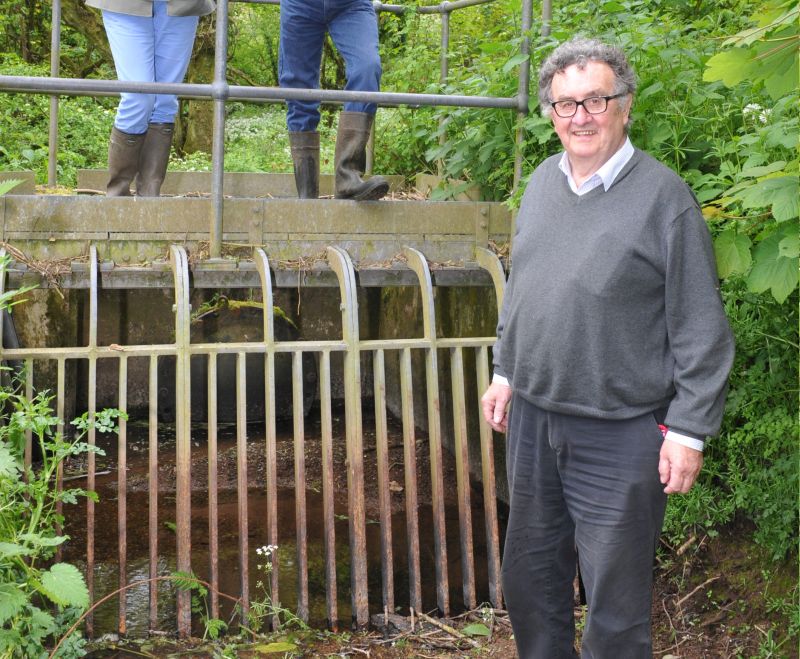
The quality of water sourced from an important drinking water borehole is being protected thanks to small-scale changes to farming practices.
Welsh Water extracts water from the Morfa Bychan borehole near Pendine which supplies 8,000 people in the Carmarthenshire area, southwest Wales.
By working in partnership with local farmers around the borehole, the company can better safeguard water quality before it reaches the treatment works.
This helps them keep bills low, safeguard the environment and protect drinking water sources for generations to come.
Some of the land that drains into the borehole is farmed and has multiple sinkholes, natural features which can cause activities taking place above ground to impact on groundwater.
The move for change started in 2017, when Welsh Water approached Menter a Busnes, an initiative by the Welsh government's Farming Connect programme.
The water company wanted help in working with farmers to find win-win solutions to improving water quality issues.
A group was formed, consisting of seven dairy farmers and a beef producer from an area of land which drains into the drinking water borehole.
After a series of meetings, Roy Bevan, who milks 500 cows at East Pool Farm, now only spreads slurry and muck on his land outside the water catchment.
In periods of heavy rain, he manages his land to ensure that any potential run-off is diverted away from a stream that feeds the borehole.
Another member of the group, dairy farmer David Tremellen, of Tremoilet Farm, said he now focuses his mind on how land management practices could impact on water quality and is now more aware of the issue.
“A visit to the water treatment works made us aware of how big and expensive a problem it can be for the plant to process poor quality raw water.
“That is something we would not have been aware of before getting involved in this initiative,” he said.
Mr Tremellen, who milks 470 cows on an all-year around calving system, acknowledged that farmers can at times be fearful when issues relating to water quality are raised.
Farmers in the group agreed that the initiative had been a good example of self-regulation in their responsibilities for managing the environment.
Farmers were able to share best practice and put themselves at the forefront of managing local water quality for future generations.
Although the group has now disbanded, the farmers are continuing to meet with Welsh Water to ensure water quality is considered when undertaking land management practices in the area.
